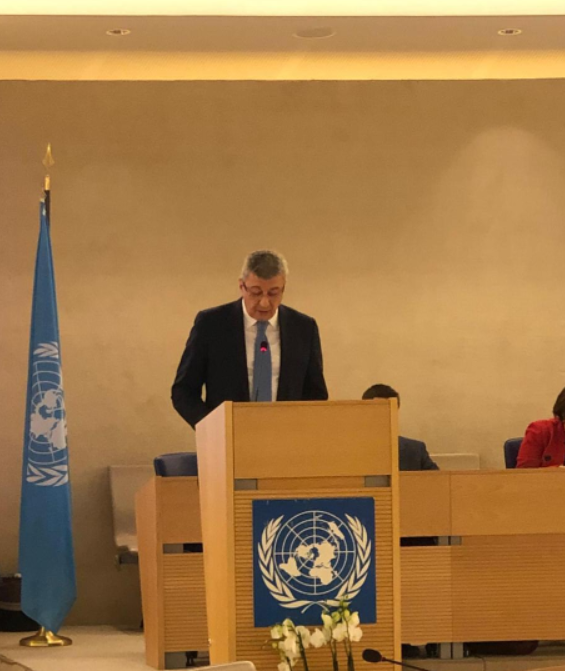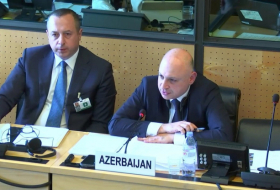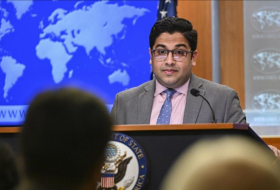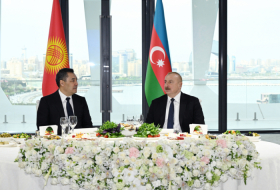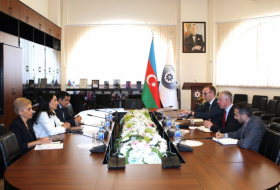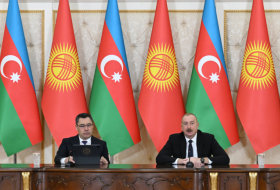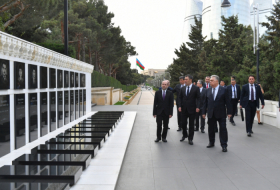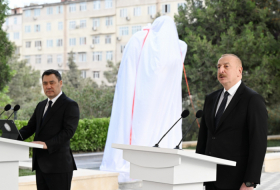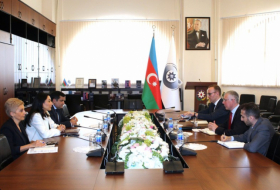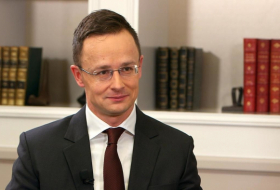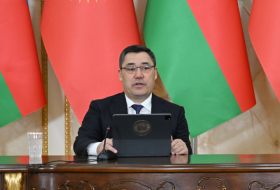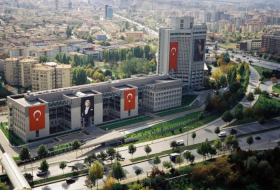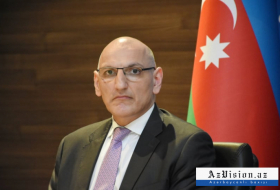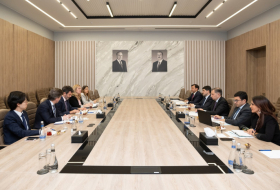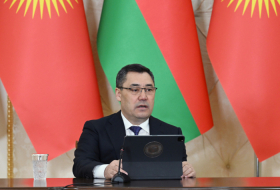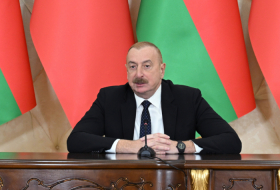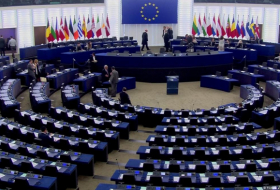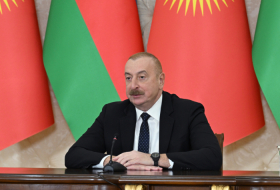The apparent lack of genuine interest by the leadership of Armenia impedes the Armenia-Azerbaijan Nagorno-Karabakh conflict resolution process, Ramiz Hasanov, Deputy Minister of Foreign Affairs of Azerbaijan, said.
Hasanov made the remark at the 43rd Session of the United Nations Human Rights Council, Trend reports.
“Azerbaijan advocates for an efficient UN partner and is committed to increased co-operation with the Office of the High Commissioner for Human Rights (OHCHR),” the deputy minister said.
“In recent years we have strengthened our partnership with the Office,” Hasanov added. “My country is also actively engaging with the Human Rights Council.”
“Azerbaijan has assumed the Chairmanship of the Non-Aligned Movement at its recent Summit held in Baku,” the deputy minister said. “During its Chairmanship, Azerbaijan will build its priorities around the Bandung principles and in particular will continue advocating for the universality, indivisibility and interdependence of all human rights.”
“We also emphasize the importance of adopting a constructive approach to the promotion and protection of all human rights and fundamental freedoms, and in this regard encourage all states to focus on genuine dialogue and cooperation with each other,” Hasanov added.
“Ambitious and long-ranging reforms are presently carried out in Azerbaijan aimed at further strengthening of democracy, rule of law, and promotion and protection of human rights,” the deputy minister said. “The parliamentary elections of February 9, 2020 constitute another important step towards further democratic development of Azerbaijan.”
“As it has been also done in previous parliamentary elections, 523 polling stations were set up to ensure the voting rights of 700,000 IDPs forcibly expelled from their territories as a result of the Armenian aggression against Azerbaijan and thus deprived of a possibility to vote in their home towns,” Hasanov said. “The Azerbaijani citizens of Armenian origin living in the occupied Nagorno-Karabakh region of Azerbaijan were invited by Azerbaijani election authorities to vote, and a number of them have participated in the parliamentary elections of February 9 by e-voting.”
“Yesterday this Council was again abused by the Armenian foreign minister with many falsifications concerning the Nagorno-Karabakh conflict and aimed at justifying Armenia’s annexationist policy towards Azerbaijan in blatant violation of international law, including the UN Charter,” the deputy minister added. “It is this policy that constitutes the real root cause of the conflict.”
“Armenia disregards the relevant UN Security Council Resolutions and documents of other international organizations, which reaffirm the sovereignty and territorial integrity of Azerbaijan, and condemn the use of force by Armenia against Azerbaijan, the occupation of its territories, the attacks on civilians, and demand the immediate, complete and unconditional withdrawal of all occupying forces from the areas of Azerbaijan,” Hasanov said.
“Today Azerbaijan commemorates the 28th anniversary of one of the darkest pages of the Nagorno-Karabakh conflict – the Khojaly Genocide recognized by an increasing number of countries,” the deputy minister said. “It was on this day in 1992, that 613 residents of this small town in the Nagorno-Karabakh region of Azerbaijan were brutally killed by Armenian military simply because they were Azerbaijanis – the fact that has been later admitted by the then president of Armenia himself. In this regard, Azerbaijan urges the Council, its mandate holders and the High Commissioner to take a principled stand and efficient actions for restoration of human rights of Azerbaijani IDPs and refugees which remain violated for almost 30 years.”
“Armenia deliberately misrepresents the principle of self-determination calling for its application only for Armenian ethnic group living in the occupied Nagorno-Karabakh region of Azerbaijan, and deliberately concealing the fact that all Azerbaijanis have already been expelled by Armenia from this region through the use of force,” Hasanov said. “Therefore, there is no such notion as a “people of Nagorno-Karabakh”, but there is an Armenian community of Nagorno-Karabakh, alongside with the Azerbaijani community of the same region. Under these circumstances holding the so-called elections in the Nagorno-Karabakh region of Azerbaijan violates the international law.”
“Despite Armenia’s declarations of its “commitment” to peaceful resolution of the conflict, the apparent lack of genuine interest by the leadership of Armenia impedes the conflict resolution process,” the deputy minister said. “In response to the false allegations of Armenia on this conflict made at the recent Munich Security Conference, the president of the Republic of Azerbaijan unequivocally stated there that any solution to this conflict which will be achieved as a result of peaceful negotiation must provide preservation of internationally recognized territorial integrity of Azerbaijan.”
“The Nagorno-Karabakh region is an integral part of Azerbaijan, and this is based on the norms of the international law,” Hasanov added. “The territorial integrity of Azerbaijan is acknowledged by the whole world, and the sooner the government of Armenia recognizes the lack of any prospect for its self-destructive political agenda towards its neighbors, the sooner the people of Armenia will be able to benefit from peace and economic development.”
The conflict between the two South Caucasus countries began in 1988 when Armenia made territorial claims against Azerbaijan. As a result of the ensuing war, in 1992 Armenian armed forces occupied 20 percent of Azerbaijan, including the Nagorno-Karabakh region and seven surrounding districts.
During the Karabakh war, on Feb. 25-26, 1992, the Armenian armed forces, together with the 366th infantry regiment of Soviet troops, stationed in Khankendi, committed an act of genocide against the population of the Azerbaijani town of Khojaly. As many as 613 people, including 63 children, 106 women and 70 old people were killed in the massacre. Eight families were totally exterminated, 130 children lost one parent and 25 children lost both. Some 1,275 innocent residents were taken hostage, while the fate of 150 people still remains unknown.
The 1994 ceasefire agreement was followed by peace negotiations. Armenia has not yet implemented four UN Security Council resolutions on withdrawal of its armed forces from Nagorno-Karabakh and the surrounding districts.
Trend
More about:








